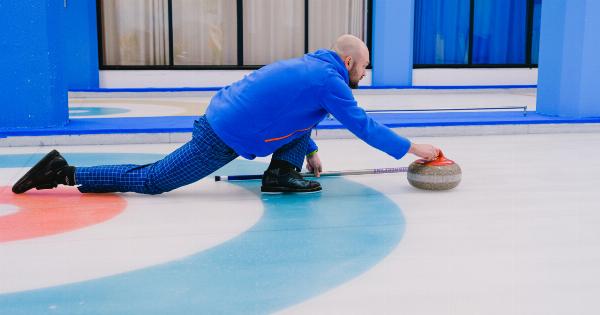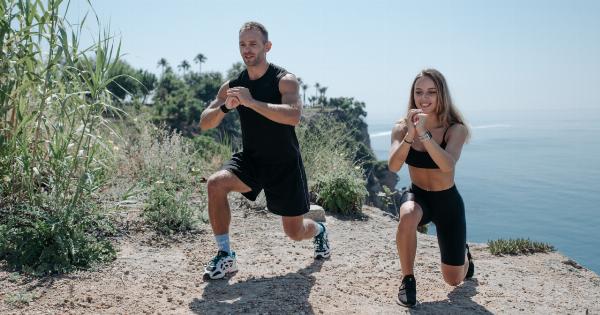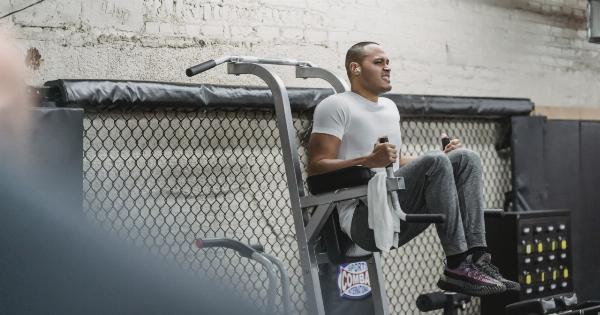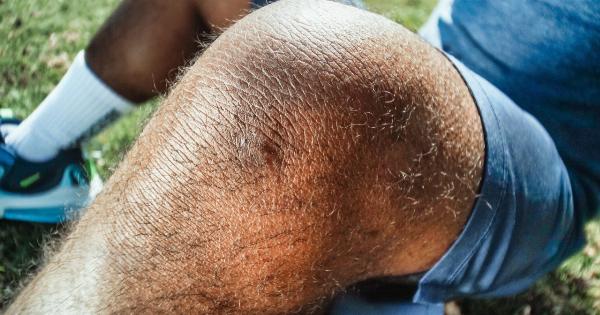Knee osteoarthritis is a degenerative joint disease that affects millions of people worldwide. It occurs when the protective cartilage in the knee joint wears down over time, causing pain, stiffness, and decreased range of motion.
While knee osteoarthritis cannot be completely prevented, there are several tips and tricks that can help reduce the risk of developing this condition or slow down its progression.
1. Maintain a Healthy Weight
Excess weight puts additional stress on the knee joints, leading to faster degeneration of the cartilage.
Maintaining a healthy weight can help reduce the risk of developing knee osteoarthritis and also alleviate symptoms in individuals already diagnosed with this condition.
2. Regular Exercise
Engaging in regular physical activity helps strengthen the muscles around the knee joint, providing better support and reducing the risk of injuries.
Low-impact exercises such as swimming, cycling, and walking are beneficial for maintaining joint health and preventing knee osteoarthritis.
3. Proper Footwear
Wearing appropriate footwear can significantly reduce the risk of knee injuries and osteoarthritis. Shoes with good arch support, cushioning, and a comfortable fit help distribute the body weight evenly, reducing the pressure on the knees.
4. Knee-Friendly Activities
Avoid or limit activities that put excessive stress on the knees, such as running on hard surfaces or participating in high-impact sports. Instead, choose activities that are gentle on the joints, such as swimming, yoga, or Tai Chi.
5. Proper Technique
Whether it’s lifting heavy objects or engaging in physical activities, using proper technique is essential to prevent unnecessary strain on the knees.
Learning the correct way to perform these tasks can help minimize the risk of knee injuries and osteoarthritis.
6. Warm-Up and Cool-Down
Prior to engaging in any physical activity or exercise, it is crucial to warm up the muscles and joints. Gentle stretching and dynamic movements increase blood flow and prepare the knees for the activity.
Similarly, cooling down with static stretches after exercise helps prevent stiffness and promotes flexibility.
7. Avoid Prolonged Inactivity
Sitting or standing in the same position for extended periods can lead to joint stiffness and muscle imbalances. Take frequent breaks to move and stretch to keep the knees and surrounding muscles active and flexible.
8. Maintain Proper Posture
Good posture is vital for overall joint health, including the knees. Proper alignment while sitting, standing, and walking helps distribute weight evenly across the joints, reducing the risk of osteoarthritis.
Avoid slouching or hunching, and consider using ergonomic aids if necessary.
9. Strengthening Exercises
Incorporating specific exercises that target the muscles around the knees can help improve joint stability and reduce the risk of osteoarthritis. Leg lifts, squats, and lunges are some examples of exercises that can strengthen the knee muscles.
10. Protect the Knees
When engaging in activities or sports that pose a higher risk of knee injuries, such as skiing or playing football, it is essential to wear protective gear.
Knee pads, braces, or appropriate sports equipment can help prevent trauma to the knee joints and reduce the chances of osteoarthritis.





























